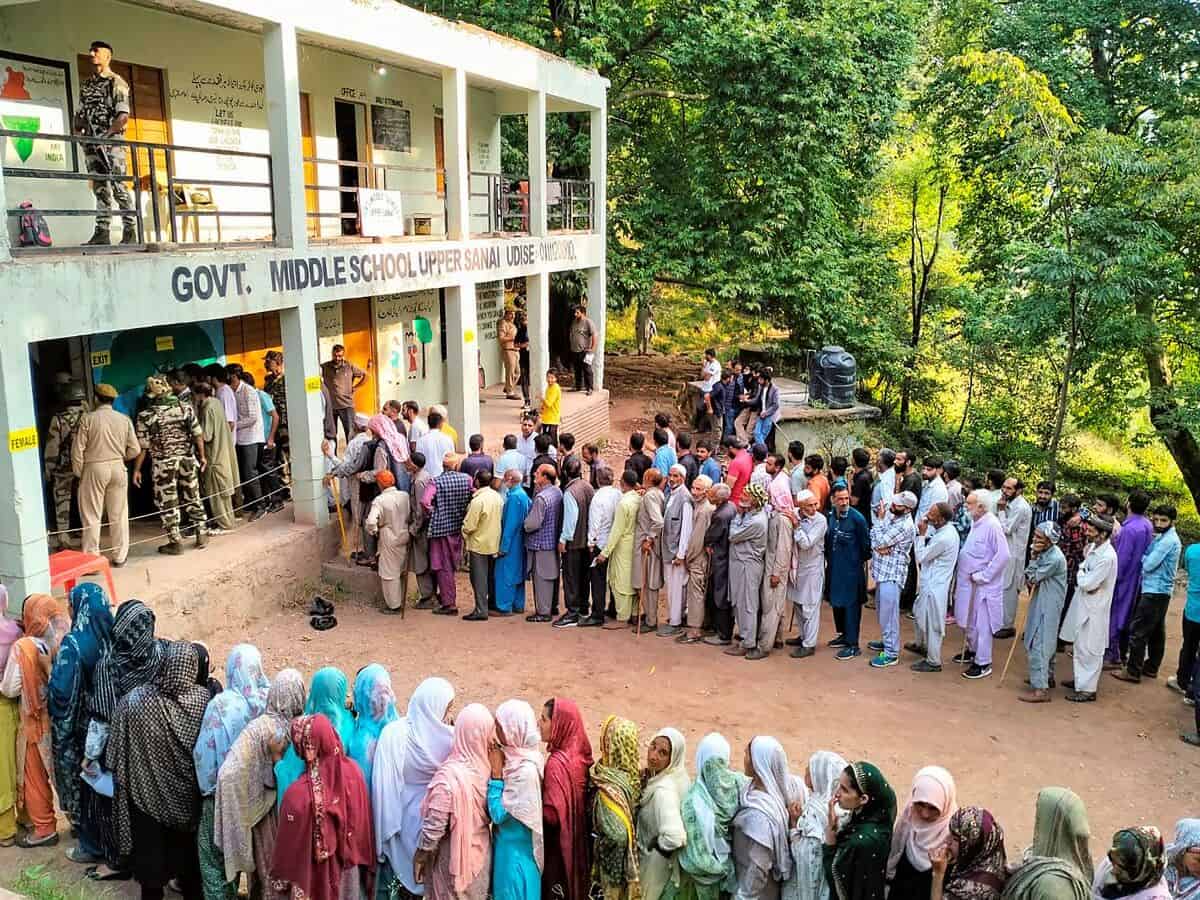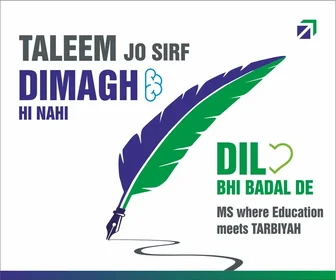
It was a rare first when Indian ministry of external affairs brought diplomats of 15 countries to Srinagar to observe second of the three-phased Assembly polls in Jammu and Kashmir , which has few other firsts to its credit – first since the abrogation of Article 370 in August 2019, first sine the state was bifurcated into two union territories , and first since 2014 when last of these polls were held in the state . This also underscored the confidence that the Government has developed over the situation in Kashmir which gave anxious moments to the country for over 30 years , the period when inviting foreign diplomats was akin to inviting trouble and possibilities of street demonstrations .
This is a quiet but visible shift in India’s foreign policy on Kashmir. It seeks to convey that while J&K is an internal matter of the country, but it is open to foreign countries to see for themselves how it has greatly integrated into the country , all the anti-India sentiment highlighted in foreign media and other circles has become irrelevant .
It was all quiet on Wednesday when the diplomats went from one after another polling station , which they described as a “ smooth democratic process.” They did not miss the point that the people had queued before the polling booths, with no one hiding the face or displaying fear of any kind .
Certain things were quite obvious , the Government of India , encouraged by the epoch-making voter turnout in first phase of polling on September 18 , undertook this venture to showcase that real democracy had arrived in Kashmir post because of the momentous steps it took in ending the special status and privileges of the erstwhile state and its erstwhile permanent residents on August 5, 2019 .
This aimed at showcasing the change of Kashmir from a conflict ridden zone to peace in the past over five years . It was cited as an example of conflict resolution , taming forces of terrorism and their ecosystem . . The change in Kashmir is not only in terms of the situation – there is hardly any terror violence , shutdowns or stone-pelting – but also made the people to repose faith in the Indian democracy. This point was acknowledged by some of the diplomats . The US Deputy Chief of Mission , Jorgen Andrew, noted : “ It’s a rare opportunity to come to Kashmir and see the electoral process and see democracy in action . And also see another part of India’s big year of elections and we are very happy to learn about how Indian democracy works.”
The voter turnout of 61.11 percent in the first phase which covered the entire south Kashmir and its 16 Assembly constituencies was best since 1987 Assembly polls. It is a new chapter in the Indian democracy in Kashmir . Showcasing this big domestic event could have been guided by the fact that people in Kashmir have given up politics of protests or raising of anti-India slogans long ago , to be precise since the scrapping of the special status which was accompanied by large scale arrests , restrictions on movement, and an all-out communication clampdown . There was a realization of the fact that protests , in such circumstances, were nothing short of suicide . Then there were no voices supporting them,. All the separatists are in jail , and even those who are supposedly free , like Mirwaiz Umar Farooq , did not give a call for boycott. The Mirwaiz was very clear that the boycott poll calls had become irrelevant in the given situation .
Foreign diplomats from USA, Germany , Malaysia , Singapore and other countries landed in Srinagar on September 25, when the polling was held in second phase in three central Kashmir districts of Srinagar, Budgam and Ganderbal . Srinagar is a nerve center of Kashmir politics .
This city since the days of Maharaja Hari Singh’s rule ( 1925 to 1947) has defined the political contours and contents of the Valley. And since 1947 when the Maharaja acceded the state to India in the wake of Pakistan-sponsored tribesmen’s invasion of Jammu and Kashmir , the Valley has been in international focus . It was viewed and interpreted as a “ disputed territory” .The UN resolutions ,calling for according right to self-determination to the people of the princely state divided on the two sides of the UN monitored ceasefire ( now Line of Control since 1972 after the Indo-Pak war of December 1971) cemented the international idea of Kashmir being a dispute.
India has consistently maintained that Kashmir is not a disputed territory as it always asserted that it was an integral part of the country . It always rejected offer of third-party mediation as part of its assertion that J&K is India’s internal affair and the foreign countries had no role in it.
There, however, is a contradiction , National Conference leader and former chief minister Omar Abdullah pointed out, “ if it is an internal affair why bring foreign envoys to Kashmir at the time of elections?” Omar knows all the nuances of the foreign policy, and particularly with regard to Jammu and Kashmir, as he has served as minister of state or external affairs, in the Vajpayee government in the most critical period from 1999 to 2002.
Has this visit of diplomats to Kashmir something to do with the ongoing United Nations General Assembly session where Pakistan Prime Minister Shehbaz Sharif has listed as one of the prime issues for his speech . Not necessarily , because Pakistan is in habit of raking up Kashmir issue and spotlighting what it calls “ suppression of voices in the Valley,” particularly after the abrogation of Article 370 . But the importance of the timing cannot be lost . India is keen on presenting Kashmir as calm and peaceful place where democracy is on right trajectory of democracy .

